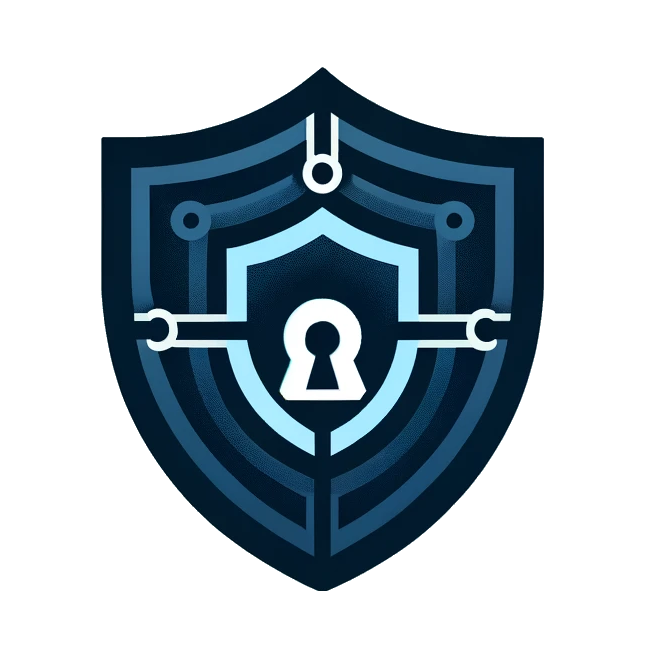Online banking offers unparalleled convenience, allowing us to manage our finances from the comfort of our homes or on the go. However, with this convenience comes the responsibility of safeguarding our financial information from cyber threats. One of the most crucial aspects of online banking security is effective password management. In this blog post, we’ll explore the importance of password management for online banking accounts and provide practical tips to help you strengthen the security of your financial information.
- Why Password Management Matters: Your online banking password is the first line of defense against unauthorized access to your accounts. A strong and unique password can significantly reduce the risk of your account being compromised by cybercriminals. Effective password management is essential to protect your financial information and prevent fraudulent activities, such as unauthorized transactions or identity theft.
- Create Strong, Unique Passwords: When creating passwords for your online banking accounts, avoid using easily guessable information such as your name, birthdate, or common words. Instead, opt for strong and unique passwords that include a combination of letters, numbers, and special characters. Consider using passphrases or acronyms to create memorable yet secure passwords.
- Use a Password Manager: Managing multiple passwords for different online accounts can be challenging. Using a password manager can simplify this process by securely storing and managing your passwords in an encrypted vault. Password managers also offer features such as password generation, auto-fill, and synchronization across devices, making it easier to maintain strong and unique passwords for your online banking accounts.
- Enable Two-Factor Authentication (2FA): Two-factor authentication adds an extra layer of security to your online banking accounts by requiring a second form of verification, such as a code sent to your mobile device, in addition to your password. Enable 2FA whenever possible to add an additional barrier against unauthorized access to your accounts.
- Regularly Update Your Passwords: Regularly updating your passwords for online banking accounts is essential to maintain security. Aim to change your passwords periodically, at least every six months, or immediately if you suspect that your account may have been compromised. Additionally, avoid reusing passwords across multiple accounts to minimize the risk of a single breach compromising multiple accounts.
- Be Cautious of Phishing Attempts: Cybercriminals often use phishing scams to trick individuals into revealing their login credentials or other sensitive information. Be cautious of unsolicited emails, text messages, or phone calls that request personal or financial information, and never click on suspicious links or download attachments from unknown sources.
- Secure Your Devices: Ensure that the devices you use for online banking, such as your computer, smartphone, or tablet, are protected with up-to-date antivirus and antimalware software. Regularly install security updates and patches to fix any vulnerabilities that cybercriminals could exploit to gain access to your accounts.
Effective password management is crucial for safeguarding your online banking accounts against cyber threats. By creating strong and unique passwords, using a password manager, enabling two-factor authentication, regularly updating your passwords, being cautious of phishing attempts, and securing your devices, you can enhance the security of your financial information and protect yourself from potential fraud. Remember, the security of your online banking accounts is in your hands—take the necessary steps to keep them safe and secure.

Penetra Cybersecurity is at the forefront of defending the digital frontier, providing cutting-edge solutions to protect businesses and organizations from the ever-evolving threats of the cyber world. Established with a mission to create a safer internet for everyone, Penetra leverages a blend of advanced technology, expert knowledge, and proactive strategies to stay ahead of cybercriminals.
Ready to take the next step towards a more secure future? Schedule a consultation with us today and discover how we can help protect what matters most to you. Don’t wait until it’s too late—with Penetra Cybersecurity, your business isn’t just secure; it’s imPenetrable.




